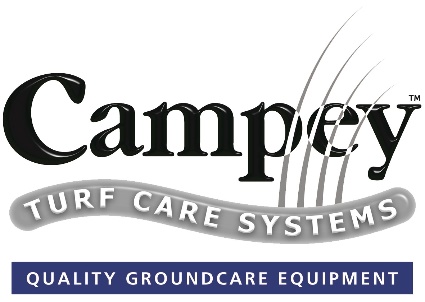Professional Development
Competencies
Management to Leadership is a model for club management which was adopted by Club Management Association of America in 2004 and GMA NZ gained licence to offer the programme in New Zealand in 2015.
Core competencies of a club General Manager
It is based on the theory that the club General Manager is responsible for three major areas; Operations, Assets / Investments and Club Culture. This is more accurately expressed today as the GM being the professional responsible for the multiple facets of club operations and the wide range of aspects relating to this.
The foundation of the model is defined as the core competencies of a GM being:
- Club Governance; Golf, Sports and Recreation Management
- Food and Beverage Management
- Accounting and Financial Management
- Human and Professional Resources
- Leadership
- Membership and Marketing
- External Regulatory Influences; Facilities Management; Interpersonal Skills.
The second tier of the model involves mastering the skills of Asset and Investment Management. Today's GM must be able to manage the physical property - the club's major investment, the club's financial well-being and the human resource.
Tier three relates to managing the preservation and fostering of the Club’s Culture. This encompasses steering the future vision and direction while caring for the history and traditions of the club. Many managers intrinsically perform this function, however it is often an overlooked and underdeveloped quality.
Understanding Your CMAA Education Credits
While education can take many forms, for certification purposes, CMAA education is defined as a structured experience that enables the purposeful growth of the individual in the club management field in a manner that can be assessed by CMAA. Credits are given for CMAA/CMI-endorsed educational programs and for CMAA-approved equivalents. At least one-half of the total Education Credit requirement must come from CMAA-sponsored educational programs. Below is a listing of the types of credits CMAA offers.
CMI Credits
Club Management Institute (CMI) Education Credits are awarded for CMAA National Education including:
· Education Sessions at the World Conference on Club Management and Club Business Expo
· Leadership/Legislative Conference
· All BMI Programs
· GMA NZ hosted forums, workshops and conferences
· Workshops (both at the local and national level)
· Most CMAA University courses
Association Activity
Credits
Association Activity Credits are
awarded for involvement with the Association including:
• Renewing CMAA
Membership
• Renewing GMANZ Membership
• Attending GMA NZ
Business Meetings
• Serving as a National, Regional Officer or Chairmen
• Serving
on the GMA
NZ Board or local GMA NZ branch executive
• Attending CMAA or GMA NZ conferences
• Entering and/or Winning CMAA
Idea Fair
• Speaking on club management
• Publishing an Industry Article
• Attending or hosting a Webinar
• Mentoring in the GMA NZ Program
The full list of Association Activity Credits and values can be found in the Professional
Development Brochure. Managers working toward their CCM need 25
Association Activity Credits.
Chapter Education Credits
Chapter Education Credits are earned at GMANZ level. Members are kept informed of upcoming events by their local branches.
Managers working toward their CCM
need 25 Chapter Education Credits. Sixty of the 120 credits needed to maintain your CCM must
be CMI
or Chapter Education credits.
Workshops
Workshops are educational programs that consist of
at least six hours of instruction (excluding meals and breaks) covering one
club-specific topic and must include an examination or other assessment of
learning at the conclusion of the program.
Advanced approval is required for a program to
count as a workshop. The following educational programs are considered
workshops:
• Biannual GMANZ Conference
• Joe Perdue CCM Review Course
• Any BMI
programmes not required for
certification
• CMAA
World Conference on Club Management
(when over and above the one required Conference for certification).
GMANZ
host workshops. Members are kept informed of upcoming
workshops by their local branches. All workshops, regardless of length, will
count as one workshop.
Other Education Credit
Other Education Credits can be earned from a number of institutions including:
· Coursework or Degree from an Accredited College or University
Other Education Credits are a great way for managers seeking their CCM to reach their total 300 credits or a manager maintaining their certification with 120 credits.
Maintaining the CCM Designation
A Certification
Maintenance Requirement (CMR) ensures that managers continue to enhance their
professional development. The Certification Maintenance Requirement (CMR)
requires all Certified Club Managers to obtain 120 education credits within the
five-year certification period. A minimum of 60 of the education credits must
be from CMAA education (CMI and/or GMA NZ education credits). CCM’s meeting the
CMR will maintain the designation for another five-year period. Should a CCM
fail to meet the CMR, he/she will be in jeopardy of losing the CCM designation.
Any CCM that loses the CCM designation will need to sit for the CCM exam to
earn the designation.




























